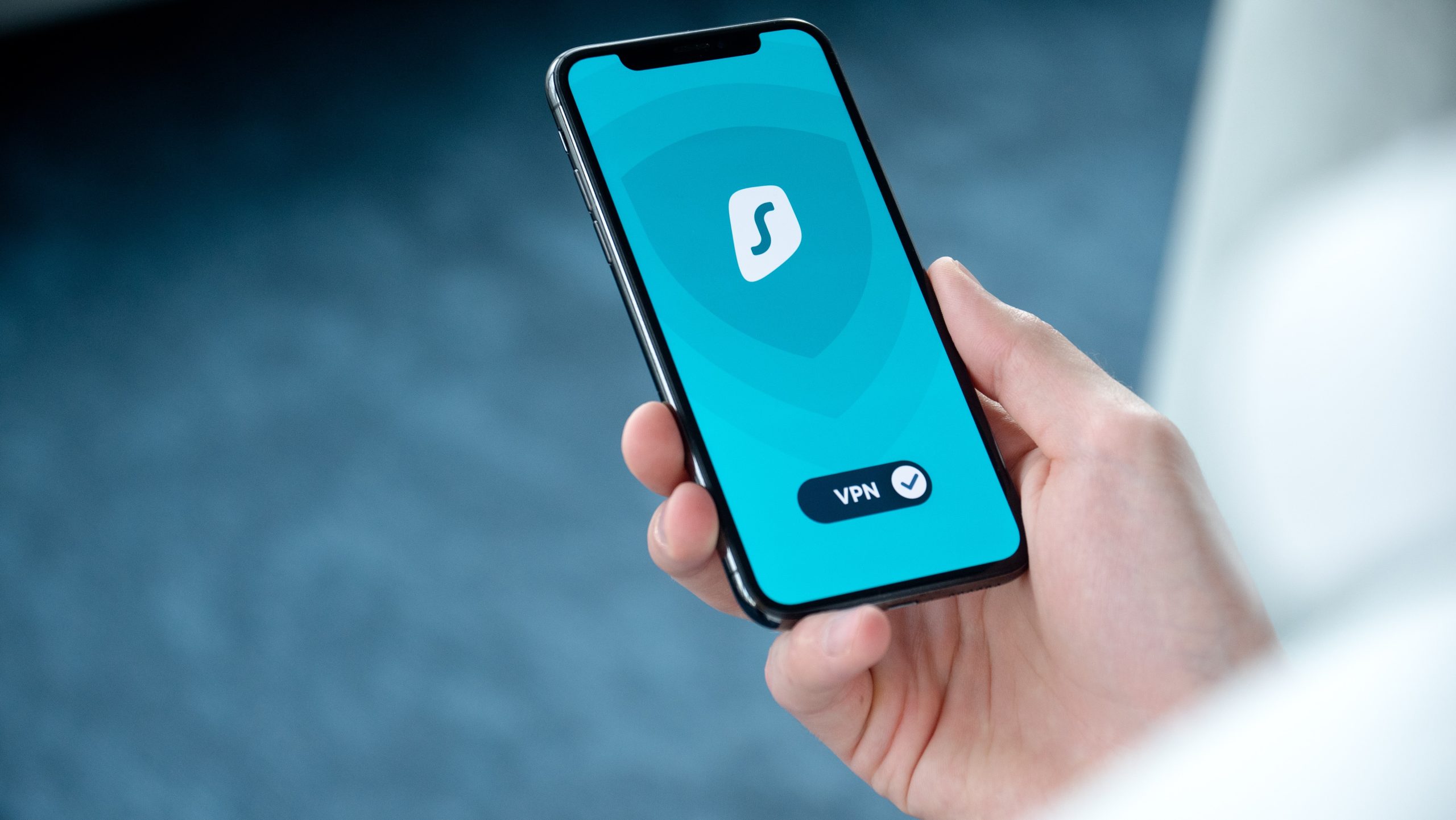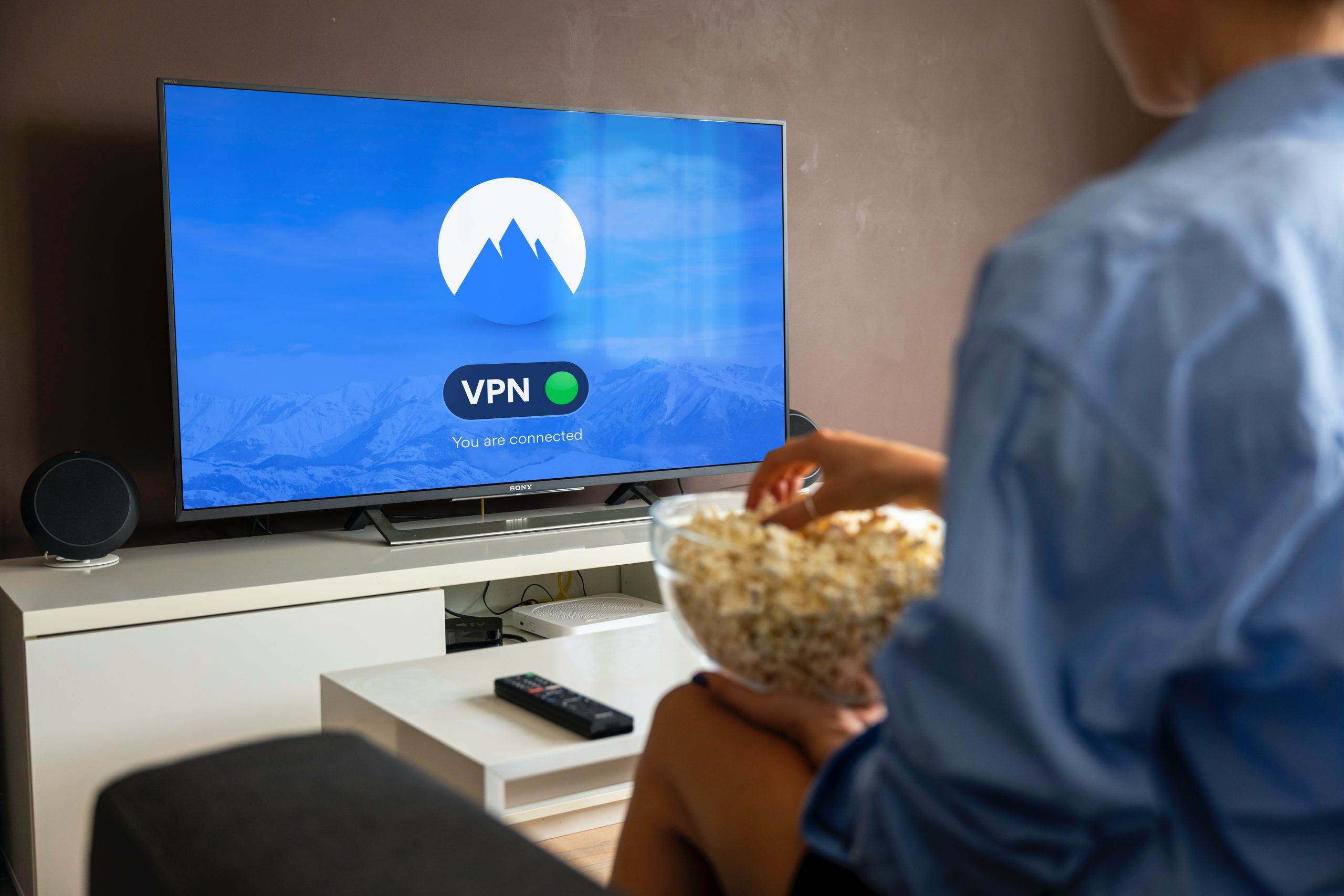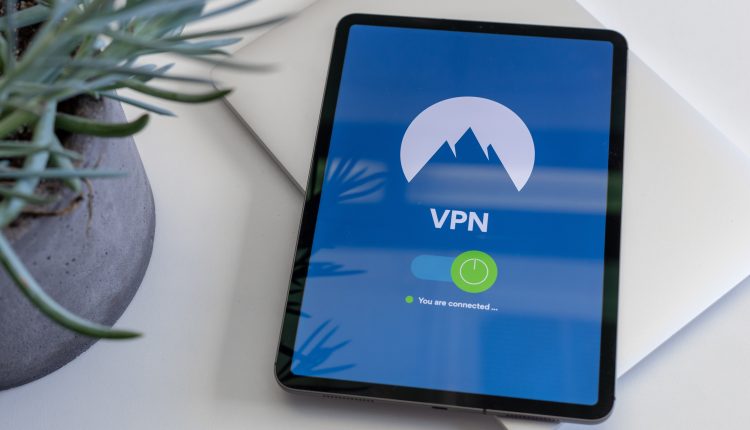Does VPN protect you on public wifi
In today’s digital age, public WiFi has become an essential amenity for many individuals, providing convenient internet access on-the-go. Whether at airports, coffee shops, or hotels, connecting to public networks has never been easier. However, this convenience comes with a significant trade-off: the security risks associated with using public WiFi are numerous and ever-present. Cybercriminals can easily infiltrate these networks to intercept sensitive information from unsuspecting users. This begs the question: does a VPN (Virtual Private Network) truly protect us while we browse on public WiFi? In this article, we will delve into the intricacies of VPN technology and explore its effectiveness in safeguarding our online activities on these potentially hazardous networks.
The Risks of Public Wi-Fi
Using public Wi-Fi networks can be incredibly convenient when you’re on the go. However, it’s important to be aware of the risks associated with connecting to these networks. One major concern is that public Wi-Fi networks are often unsecured, meaning that anyone within range can potentially access your personal data. Hackers and cybercriminals can easily intercept your internet traffic and gain access to sensitive information such as passwords, credit card details, and emails.
While using a Virtual Private Network (VPN) can provide some level of protection on public Wi-Fi networks, it’s not foolproof. While a VPN encrypts your internet connection and creates a secure tunnel between your device and the network you’re connected to, it doesn’t guarantee complete security. Some VPN services may have vulnerabilities or may not be properly configured, leaving you exposed to potential attacks. Additionally, even with a VPN in place, there is still a possibility of falling victim to other risks such as malicious websites or fake hotspots set up by hackers.
In conclusion, while using a VPN on public Wi-Fi networks can help mitigate some of the risks associated with connecting to these networks, it’s important to remain cautious. It’s best practice to avoid accessing sensitive information or making online transactions while connected to public Wi-Fi if possible. If you must use these networks for such activities, ensure that your device has up-to-date security software installed and exercise vigilance in protecting your personal data from potential threats lurking on these unsecured connections.
What is a VPN?
Yes, a VPN (Virtual Private Network) can provide protection when using public Wi-Fi networks. When you connect to a public Wi-Fi hotspot, your data is vulnerable to hackers and cybercriminals who may be lurking on the same network. However, by using a VPN, all of your internet traffic is encrypted and routed through a secure server before reaching its destination. This means that even if someone manages to intercept your data, they would only see encrypted information that is virtually impossible to decipher.
Moreover, a VPN also helps protect your privacy on public Wi-Fi networks. Without a VPN, the network operator or anyone with basic technical knowledge could potentially monitor your online activities and track your browsing history. By encrypting your data and hiding your IP address, a VPN ensures that no one can spy on what you’re doing online or trace it back to you.
In conclusion, using a VPN while connected to public Wi-Fi is essential for maintaining security and privacy. It safeguards your sensitive information from potential threats and prevents unauthorized access to your online activities. So whether you are working remotely or simply browsing the web at a coffee shop, make sure to use a reliable VPN service for an extra layer of protection.

How Does a VPN Protect You?
Using a VPN (Virtual Private Network) can provide valuable protection while using public WiFi networks. When you connect to public WiFi, your data is often transmitted without encryption, making it vulnerable to hackers and cybercriminals. However, with a VPN, all of your internet traffic is encrypted and routed through a secure server before reaching its destination. This means that even if someone manages to intercept your data on the public WiFi network, they will only see encrypted information that is virtually impossible to decipher.
Additionally, a VPN also masks your IP address and location. By connecting to a VPN server in another location, you can appear as if you are browsing from that particular region or country. This helps protect your privacy by preventing websites and online services from tracking your real IP address or physical location. It also allows you to access geo-restricted content or bypass censorship imposed by certain countries.
In summary, using a VPN on public WiFi provides multiple layers of security: encrypting your data transmission and hiding your real IP address. These features ensure that your online activities remain private and protected from potential threats while connected to potentially insecure public networks.
Benefits of Using a VPN on Public Wi-Fi
Using a VPN on public Wi-Fi provides several benefits that protect your online privacy and security. Firstly, a VPN encrypts your internet connection, ensuring that all your data transmitted over the network remains secure and private. This encryption prevents hackers or malicious individuals from intercepting sensitive information such as passwords, credit card details, or personal files.
Additionally, a VPN allows you to browse the internet anonymously on public Wi-Fi networks. By masking your IP address and location, it becomes nearly impossible for anyone to track your online activities or identify you. This feature is particularly important when accessing websites or services that may be restricted in certain regions.
Moreover, using a VPN on public Wi-Fi also safeguards you against potential risks associated with unsecured networks. Public Wi-Fi networks are often vulnerable to various forms of cyber threats like man-in-the-middle attacks or snooping by unauthorized users. However, with a VPN in place, these risks are significantly minimized as the encrypted connection acts as a barrier between you and potential attackers.
To sum up, utilizing a VPN while connecting to public Wi-Fi networks ensures the protection of your sensitive data from interception while allowing anonymous browsing and mitigating risks associated with unsecured networks.

Limitations and Considerations of VPNs on Public Wi-Fi
While VPNs can provide a layer of security when using public Wi-Fi, it is important to note their limitations and considerations. Firstly, while a VPN encrypts your data and protects it from potential attackers on the same network, it does not guarantee complete security. Hackers can still exploit vulnerabilities in other parts of your system or network to gain unauthorized access.
Another consideration is the reliability and trustworthiness of VPN providers. Not all VPN services are created equal, and some may have inadequate encryption protocols or even log user data, which defeats the purpose of using a VPN for privacy. It is crucial to research and choose a reputable VPN provider that offers strong encryption standards and has a strict no-logs policy.
Moreover, using a VPN may impact your internet connection speed. Encrypting and routing your traffic through remote servers can introduce latency and slow down your browsing experience. This limitation becomes more pronounced when connected to public Wi-Fi networks that already have limited bandwidth.
In conclusion, while using a VPN on public Wi-Fi does add an extra layer of security, users should be aware of its limitations. It is essential to select a trustworthy provider with robust encryption measures and take into account potential speed reductions caused by using a VPN. Additionally, practicing good cybersecurity habits such as avoiding sensitive transactions on public networks remains crucial for ensuring online safety.
Conclusion: The Importance of Using a VPN on Public Wi-Fi
In conclusion, using a VPN on public Wi-Fi is of utmost importance for ensuring your online safety and privacy. With the increasing number of cyber threats and hackers targeting unsuspecting users on public networks, a VPN provides an essential layer of protection. By encrypting your internet traffic and creating a secure tunnel between your device and the VPN server, it prevents anyone from intercepting or monitoring your data.
Moreover, a VPN not only protects your sensitive information such as login credentials or financial details but also shields you from potential identity theft. Public Wi-Fi networks are notorious for being vulnerable to attacks, making it easy for malicious actors to capture personal data transmitted over these networks. However, by connecting through a VPN, all your internet traffic becomes encrypted, making it virtually impossible for eavesdroppers to decipher any intercepted information.
Additionally, using a VPN on public Wi-Fi ensures anonymity by masking your IP address and location. This means that even if someone manages to infiltrate the network or monitor the traffic flow, they won’t be able to trace it back to you. By adopting this security measure whenever you connect to public networks – whether at cafes, airports or hotels – you can enjoy peace of mind knowing that your online activities remain private and protected from prying eyes.

Comments are closed.